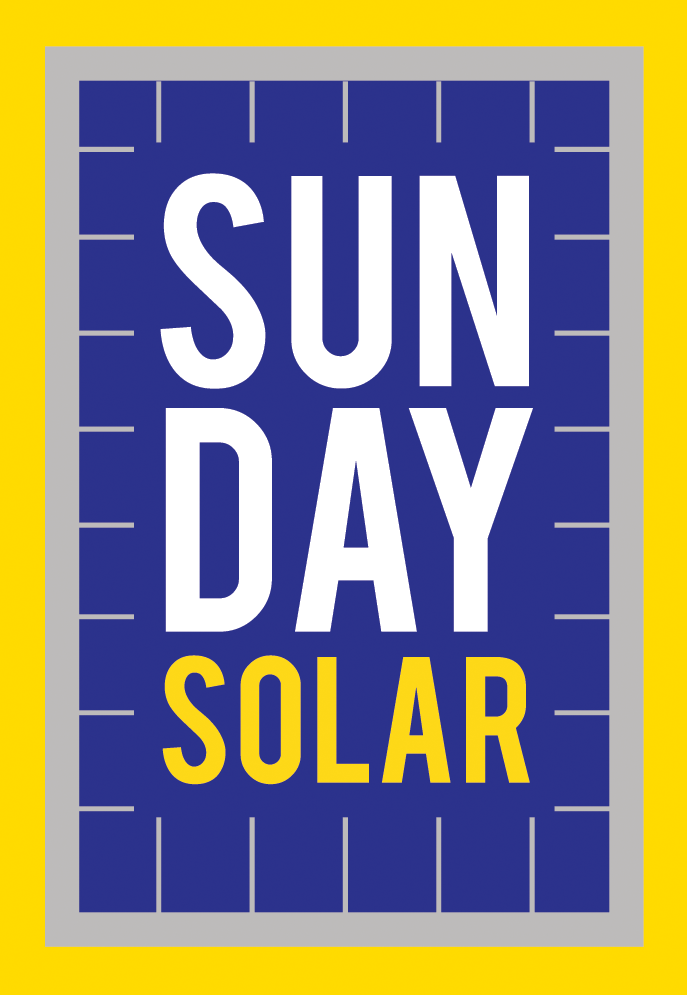FAQs
FREQUENTLY ASKED QUESTIONS
Is my house right for solar?
All homes have a solar opportunity, though some are better than others.
How Long Should a Solar System Last?
A solar system properly designed and installed should last a very long time (minimum 25 years).
How long will the installation of my solar system take?
In most cases the work of installing a solar system will take around a week when accounting for weather. The design, permitting, inspection, and utility interconnection process takes longer. Most of our projects are completed and up and running within 6 to 8 week of contract signing.
What other incentives are available for Solar Installations?
It depends on where your home, business, or farm is located. Each customer situation is unique, and we tailor solutions to make the most of available incentives resulting in the best solar system with the best return on investment (ROI). Some popular incentives are:
1. The 5% property tax credit in Charlottesville
2. Charlottesville’s low or no interest loans for solar
3. Accelerated depreciation for income generating solar systems.
4. The REAP Grant which provides up to 25% of the system cost for businesses and agricultural producers in our area.
SHOULD I RE-ROOF BEFORE INSTALLING SOLAR?
If your roof is nearing the end of its life, it may be beneficial before installing solar panels designed to last 25+ years. Most of the time, however, re-roofing is not required. When we conduct a site visit, we will help you decide.
WILL I HAVE POWER WHEN THE GRID GOES DOWN?
Most Grid Tied solar systems are designed to stop working when the grid goes down. This helps to protect line workers. Battery backup systems are an exception to this rule.
MORE FAQS
HOW LONG WILL IT TAKE FOR THE SYSTEM TO PAY FOR ITSELF?
Typically, a system will pay for itself within 8 years
Are the tax credits still available for solar?
Yes! With the recent passage of the Inflation Reduction Act, the federal solar tax credit for 30% has been extended through 2032.
How do I compare one solar quote to another?
Just because one solar quote is less expensive than another does not mean that it is a better deal. A more expensive quote may just mean that the one system is larger or more productive than another.
To compare quotes, first compare the price per watt charged for a system. If this number is not provided in the quote, simply divide the total price of the quote by the size of the system in watts. ie: a 10kW (1,000watt) system costing $25,000 is ($25,000/10,000) Watts or $2.50 a watt.
After considering the cost per Watt, consider the quality of the installer’s solution to address your goals, their physical location (within 1 hours drive time is best), and the installers responsiveness and references.
How long are solar systems warrantied?
Solar systems typically come with two types of warranties; the installer workmanship warranty and the manufacturer’s warranty.
Our installer warranty is 10 years and covers the labor it takes to replace any faulty equipment that may go bad, or fix any problems related to the solar system. The Manufacturer’s warranty covers the parts cost associated with the replacement of faulty equipment.
Panels carry a 25 year warranty, inverters and optimizers 10 years extendable to 20, and racking 20 years. All of the equipment should last well past their warranty period. Often we see solar systems last, and produce well, for 40+ years.
Should I put a snow retention system on my panels?
When snow falls on panels at night, it freezes in place. Once the sun hits these panels, even when they are beneath snow, they heat up quickly and melt the layer of snow just above the panels.
The snow can then quickly slide off the roof damaging gutters, objects and people below. We do not always recommend or install solar panel mounted snow retention systems, but will if conditions warrant.
Oftentimes what may be damaged by falling snow is vastly more valuable than the small cost outlay for such systems.
Why doesn’t everyone add batteries to their solar system?
Cost. Batteries are expensive, as are battery capable inverters. Additionally there’s a significant amount of electrical rewiring of the home electrical panel needed to make it ready for a battery backup system.
